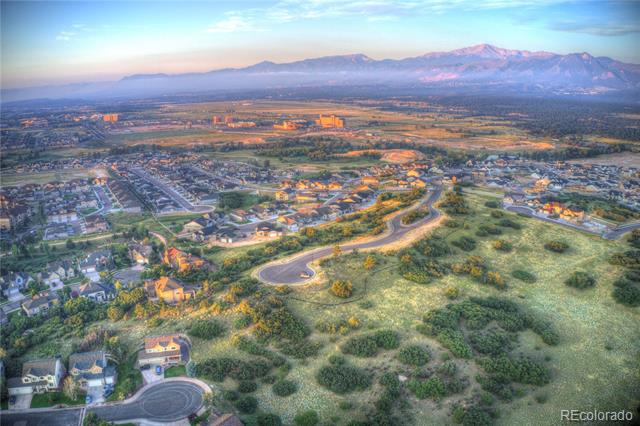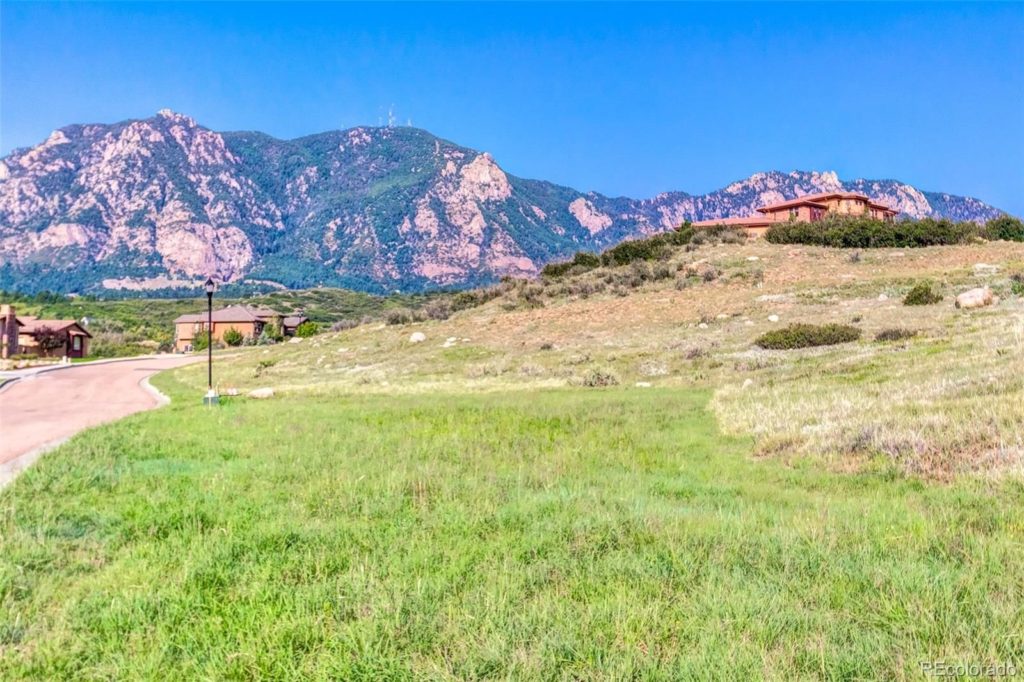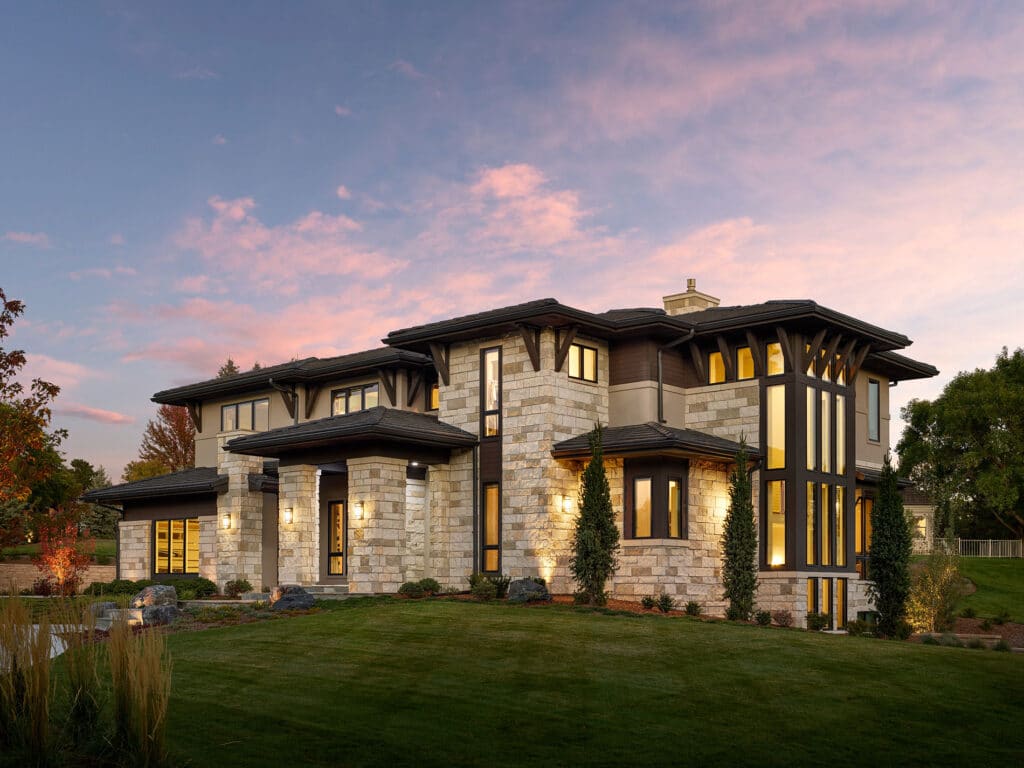- Posts :
TIPS AND TRENDS
Know Before Buying A Custom Home Lot

Source: Capture Colorado Mountain Properties
You have to be mindful in your search for a custom home lot. In our modern age of Postmates, UBER, and One-Click One-Day Amazon delivery, the process of finding, vetting, purchasing, and building on a custom home lot will at times feel anachronistic and challenging. Remember though, that nothing in life worth having comes easy. Very few of us are lucky enough to design a purpose-built living space for ourselves and our families- so you want to be deliberative and rigorous in your approach to buying a custom home lot. Below, we’ll take a look at exactly what you need to know before buying a custom home lot. Hopefully, this will allow you to avoid some of the worst mistakes custom home buyers make in their search for a custom home lot in which to hang their hat.
Location, Location, Location
You can’t always trust “common sense” or assume truisms to actually be true- but one that has an absolute basis, in reality, is the old real estate stalwart: “Location, location, location.” Even outside of your personal preference for a lot, like being up in the mountains, near the city, or on the beach, there are numerous practical concerns associated with choosing the right location for your lot, on both a macro and a micro-scale. Some of these concerns include:
Environmental Considerations and Regulations
Not every piece of land is ideal or suitable for a residential home. Home sites located along rocky terrain with steep grades present unique challenges that drive costs. The usual suspect we encounter in Colorado are expanding or shifting soils, or “hot soils” that can require costlier structural floor systems. Underground water presence, native trees, rock veins and site accessibility issues are all concerns when constructing a custom home. There are also many areas where specific environmental laws are in place, for instance, in parts of Colorado home builders are required to pay additional permitting fees for the preservation of local flora and fauna.
Construction Readiness
In much the same way as the local environment is a determiner of residential construction viability, the lot you choose must also be able to accommodate the build plan. For instance, if you envision a walk out basement, a flat lot with no grade would be a disqualifier. Conversely, a steep lot requires additional excavation, in addition to higher structural support costs than a similarly appointed flat lot. Additionally, lots of people want to build in a picturesque wooded area, but clearing trees within the building envelope will significantly add to building and excavation costs.
Some areas with existing homeowners may also have restrictions in place regarding construction projects. For instance, they may have set construction hours to reduce noise and traffic within the neighborhood, or restrictions on construction vehicles and personnel numbers.
Accessible Utilities
Among the most common reasons why home builders are unable to utilize a piece of land is a lack of accessible utilities like electricity, water, sewage, natural gas, and internet and phone lines. Choosing a lot with all of these utilities already installed will save you a ton of time and money during the construction process. While it is possible to build a home with limited or even no access to grid utilities, it is not advisable for most luxury homeowners. If you’re looking at more out of the way or rural properties, some utilities, like gas and fiber/cable internet may not be accessible at all, so make sure your prospective purchase comes equipped with the utilities you need to live your life.
Insurance Rates and Taxes
The location of the lot you choose will also have an effect on your insurance rates and taxes. The amount you end up paying for your homeowner’s insurance will in part be determined by variables such as how easily accessible fire hydrants are, and how quickly first responders like firefighters, police officers, and medical personnel can reach your home. Many insurance carriers will not offer policies or coverage on properties that sit outside city limits or in far-flung rural locales.
Another no go for insurance companies are properties built on floodplains, or areas that have previously flooded- properties within such zones can be very costly to insure. Before acquiring a custom home lot you should speak with local insurance brokers or other knowledgeable professionals like home builders, agents, etc. One or all of them should be able to tell you which areas carry higher insurance costs, which can end up saving you big down the line.
Similarly, tax amounts can vary widely depending on the county and municipality. In some instances, taxes can double or more comparatively. Be sure to calculate and factor in the tax rate when considering prospective lots.
Deed Restrictions/Homeowner Association Issues
Just like city, county, and state regulations will affect how and where you can build, deed restrictions and local homeowner’s associations will have an effect on the features, location, and even the value of your property down the line. A comprehensive understanding of these rules and regulations is critical to know before you end up buying a custom home property. Prior to making an offer, look at the rules that cover what can and can’t be built on the property. The seller or their agent should have a copy of any HOA rules or deed restrictions that govern the lot. These may include:
-Building setbacks
-Minimum or maximum square footage requirements
-Is the lot bound to a specific builder or can you choose your own?
-Are you required to join a HOA?
-Are their pet restrictions?
-Will you have limits on vehicles or parking? RV’s, boats, etc.?
Home builders who have extensive experience building in HOA communities will know the rules and guidelines and can take the lead to navigate through the design review process with the HOA’s architectural review committee.
Lender Considerations for a Custom Home Lot
While the majority of home loan lenders offer lot loans, there are many who do not. In many cases, banks that make lot loans will do so as an “in” to generate revenue via the construction loan and the permanent mortgage affixed to the home. Most of these lender products usually include a lot and construction loans with permanent financing, rolled into a one-time close. Many banks will specialize in these types of loans, and have much more streamlined and efficient processes when compared with banks or lenders that have less experience in this regard.
Most lenders will offer a fixed rate for three to five years alongside payments with a 20-year amortization period. Additionally, most banks will require a 20% down lot purchase payment along with a standard Debt-to-Income ratio of 45%, although there are exceptions to every rule. Typically it is easier to acquire a loan by working with a custom home builder’s approved lenders, since their relationship bolsters a smooth transaction from vetting one another’s processes. Sometimes there are incentives for using preferred lenders, such as a discount at closing or a credit towards selections/upgrades, more common with production builders.
Conclusion/Just the Start
The preceding pages contain the basics of buying a custom home lot and should be a good primer to get you started on the path to custom lot purchasing and custom home ownership. The main concept you should take away from this guide is that buying a lot and building a custom home is not as simple as buying a traditional home- and even that process is somewhat onerous. Working with a custom home builder can help you avoid pitfalls and costly mistakes, before your project ever begins. Tap the expertise of a seasoned custom builder to advise you on the path to custom home ownership, with far less hassle.
Found the perfect lot? Already own land? Call us today to schedule your free feasibility estimate! Know your total project cost before you commit to any decisions. We pride ourselves on a customer-oriented experience, always putting your needs first. You can reach the Thomas Sattler Homes Sales Team at Call (720)449-3562 or online at ThomasSattlerHomes.com.



